Distributed PostgreSQL on a Google Spanner Architecture – Storage Layer
In this post, we dive into the architecture of the distributed storage layer of YugabyteDB, which is inspired by Google Spanner’s design
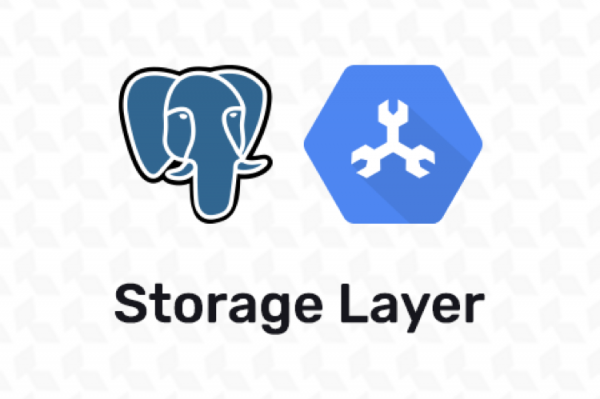
In this post, we dive into the architecture of the distributed storage layer of YugabyteDB, which is inspired by Google Spanner’s design
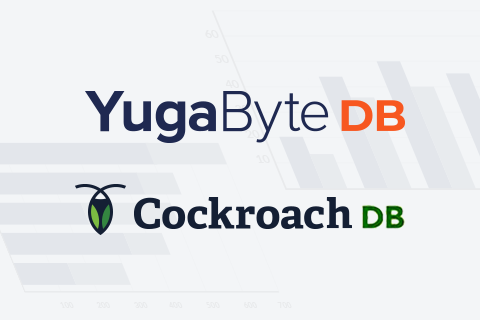
This benchmarking blog comparing YugabyteDB vs CockroachDB highlights key differences in handling distributed SQL workloads, emphasizing performance and feature advantages.
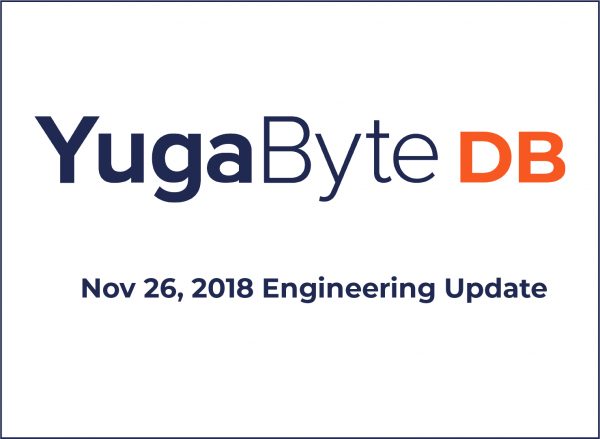
Lots has happened since our last engineering update about 3 months ago. Below are some of the highlights.
We have made a lot of progress on YSQL, the PostgreSQL compatible distributed SQL API for YugabyteDB! You can also read about YSQL architecture which covers how distributed SQL is implemented in YugabyteDB.
We were at the first ever PostgresConf Silicon Valley in October 2018.
…
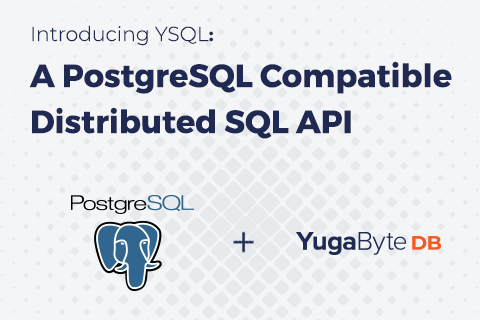
In this post, we will look at the architecture of YSQL, the PostgreSQL-compatible distributed SQL API in YugabyteDB. We will also touch on the current state of the project and the next steps in progress. Here is a quick overview:
…
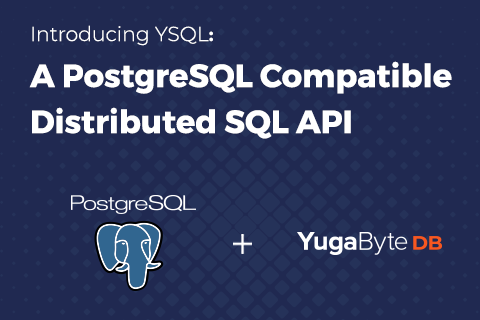
YugaByte has introduced YSQL, a PostgreSQL-compatible distributed SQL API in YugabyteDB’s 1.1 release. This architecture enables developer agility, operational simplicity, and scalability, addressing the needs of fast-growing online services and cloud-native deployments.
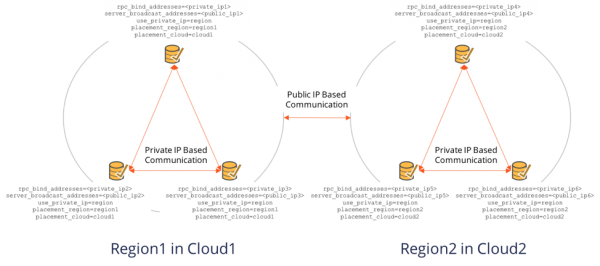
Welcome to another post in our ongoing series that highlights new features from the latest 1.1 release announced last week. Today we are going to look at the importance of public IP addresses and hostnames in simplifying multi-cloud and hybrid cloud deployments.
In modern cloud deployments, servers often have a combination of private IP addresses (used in the private LAN and often the IP address of the network interface on the server),
…
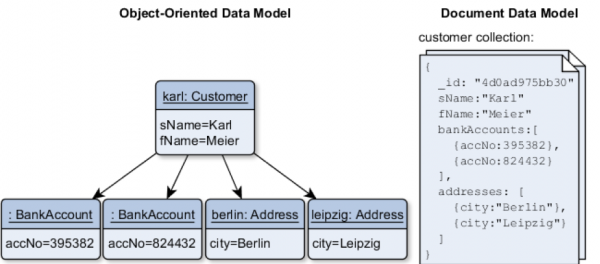
Welcome to another post in our ongoing series that highlights new features from the latest 1.1 release announced last week. Today we are going to look at document data modeling using the native JSON data type available in YugabyteDB’s Cassandra compatible YCQL API. Note that this data type is specific to YugabyteDB and is not part of the standard Cassandra Query Language (CQL).
With YugabyteDB’s native JSON support,
…
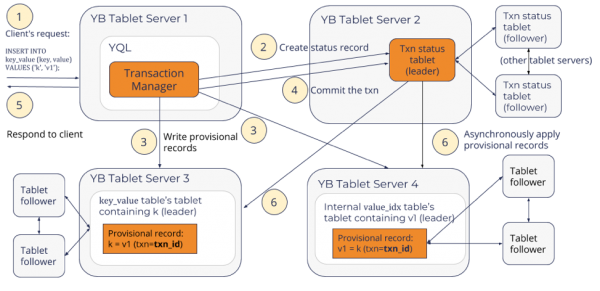
Welcome to another post from our ongoing series where we highlight a new feature from the latest 1.1 release! Today we are going to look at secondary indexes.
A database index is a data structure that improves the speed of data retrieval operations on a database table. Typically, databases are very efficient at looking up data by the primary key. A secondary index can be created using one or more columns of a database table,
…
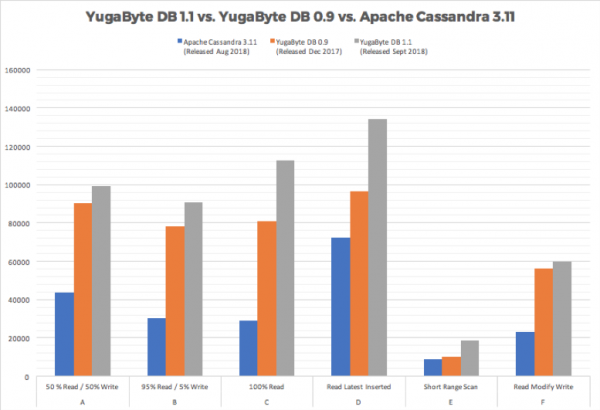
We announced the general availability of YugabyteDB 1.1 earlier this week. This post gives you a deep dive into the various features of YugabyteDB 1.1.
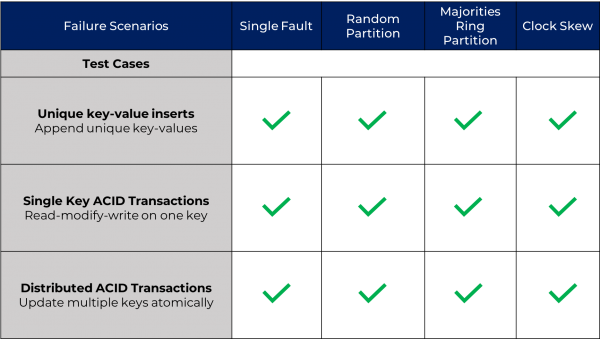
We have performed our own Jepsen testing on YugabyteDB, and the open-source repository reveals no correctness failures; we’re also working on adding more tests to ensure our database holds true to its promises.